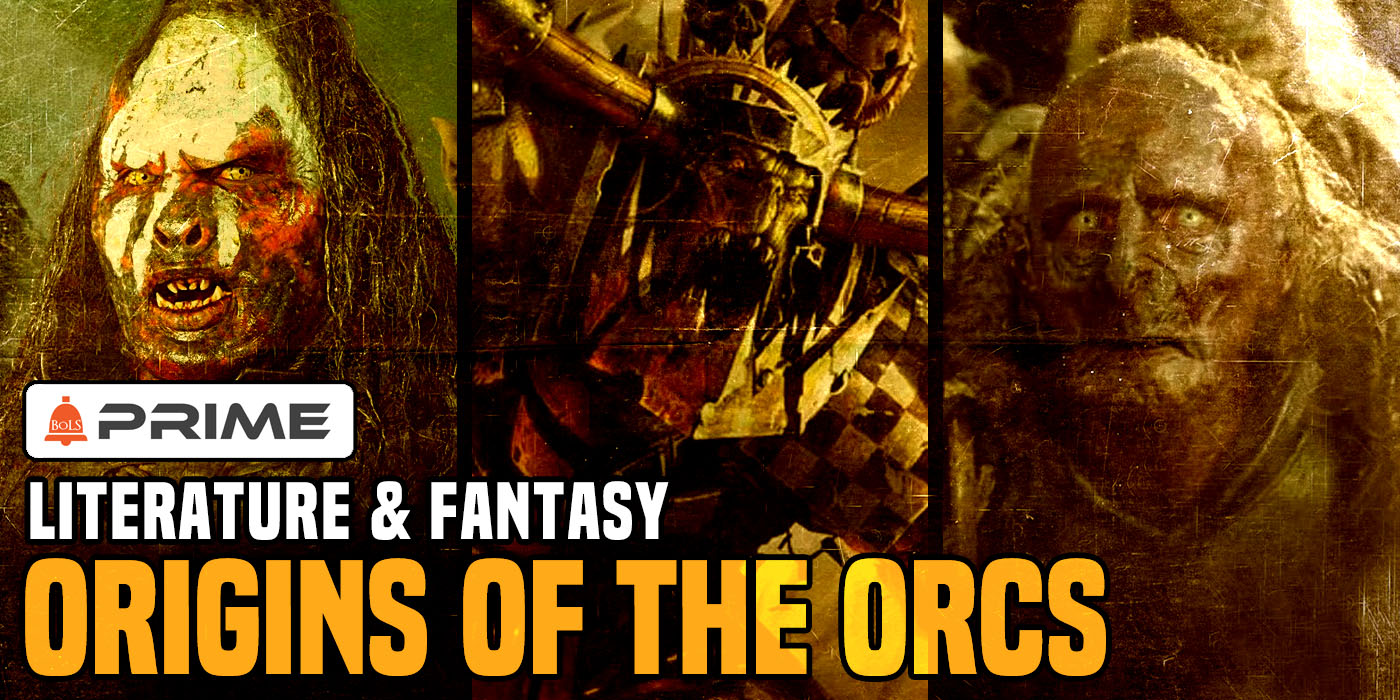Even da 'umies 'ave a good idea sumtimes!
Love'em or hate'em, the Greenskins of both the fantasy realms and the 41st millennium have been one of the primary antagonists of the genre since the game's inception. Brutish, powerful, and possessing a surprising amount of intellect, the Greenskins love nothing more than fighting to prove dominance, fighting for territory, or just fighting because they want a good scrap. Though the origins of orcs have been a bit of a shady issue, the eventual inspiration of the space boyz is not only accurate but...kind of hilarious.
Full disclosure, there will be discussion of racism and racist rhetoric in the following passages, so viewer discretion is advised.
As with most fantasy races in modern media and literature, the origins of the Orcs begins with the world of Tolkein. Unfortunately, Tolkien was a product of his time, and when he was writing his genre-defining series, the Yellow Peril was in full swing in the UK. Anti-Asian propaganda painted Eastern people as slant-eyed, barbaric warmongers to demonize migrant workers, justify unfair trade and colonization practices, and paint wartime enemies as subhuman. This led to several other harmful ster...

